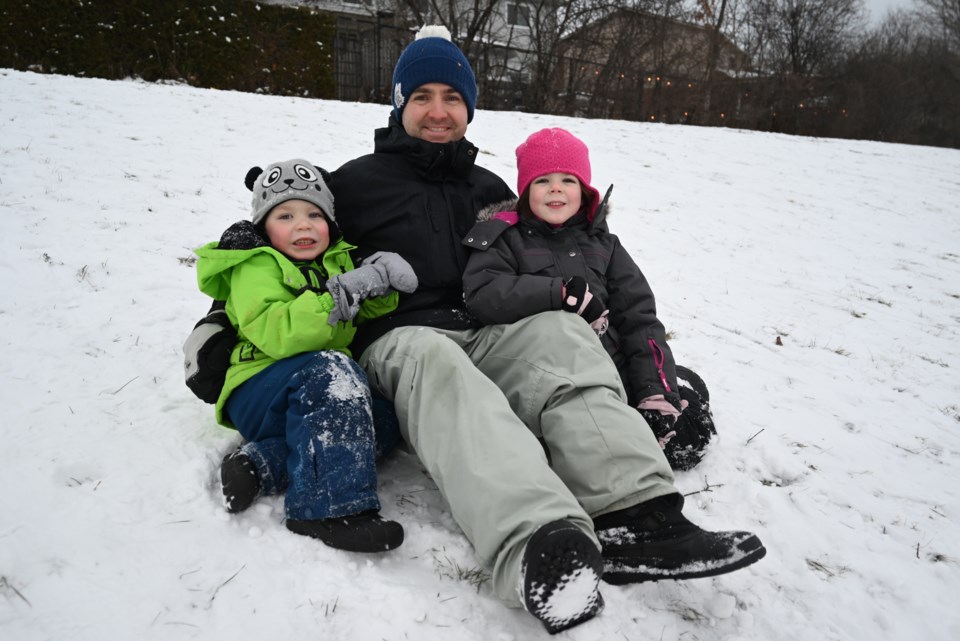Gerry Frenette and his family decided they did not want to wait to get his six-year-old daughter added protection against COVID-19.
The Newmarket resident decided his daughter should get her second COVID-19 vaccine dose Dec. 18, three weeks after her first. It is far shorter interval than the eight weeks recommended by the National Advisory Committee on Immunization (NACI), but he said it is a valid option he wanted to pursue.
“She would be two-dose vaccinated for the return to school in January. We thought that was very important, just considering there’s lots of COVID around,” Frenette said. “We’re happy she’s going to have that extra level of protection right now, while the cases are quite high.”
The three-week interval is getting discussed in public health circles and across social media, where Frenette said he came across the idea. Although it is considered to be less effective by NACI for long-term protection, the Ontario Public Health does allow it, provided the interval is consistent with the product monograph and the individual or their decision-maker provides informed consent. NACI has authorized the two doses of Pfizer vaccine for five to 11-year-olds to be given 21 days apart.
With the province facing a surge of COVID-19 cases and hopes for a return to school in January, Frenette said parents should be aware of the quicker option to get their kids stronger protection more immediately.
NACI has said the longer interval, also used for adults, provides good, sustained protection. It has also said emerging data suggests the longer interval is associated with lower rates of myocarditis and pericarditis, heart conditions occurring rarely after a COVID-19 vaccination, with generally mild cases.
“Emerging evidence in adults suggests that compared to shorter intervals, longer intervals between the first and second doses result in a stronger immune response, higher vaccine effectiveness that is expected to last longer, and may be associated with a lower risk of myocarditis and/or pericarditis,” NACI said Nov. 19.
York Region said it does allow you to book for a second dose earlier than an eight-week interval at its clinics with informed consent, though noted the NACI recommendations.
"Receiving two doses of COVID-19 vaccine eight weeks apart is expected to provide better, longer lasting protection for children in this age group," director of corporate communications Patrick Casey said.
Frenette said the NACI recommendation has led to some challenges finding a clinic that will offer a three-week interval, with not every pharmacy offering the option.
“When I first started booking a couple of weeks ago, very few of the pharmacies' online booking systems would allow for a second dose prior to eight weeks,” he said. “That was a little bit frustrating. I think now, more of them are starting to have that as an option.”
He said the family feels relieved about having their daughter double-vaccinated and hopes to spread the word about it so families can make their own decision.
“I just think parents should be aware that is an option,” Frenette said. “They can do their own research and make up their own mind based on their own family situations.”
You can book a vaccine appointment through york.ca/covid19vaccine.



